Rulers cling to their power like it’s life, rejecting any shred of evidence that might make their underlings question their rule.
Throughout history, religions held the bulk of the power, making laws and controlling the populace to maintain their stranglehold on authority.
Famous Figures Persecuted

Most people fell in line, but these brave leaders, thinkers, and scientists went against the ruling body’s teachings.
Some of the most important historical figures spoke against the church’s teachings, facing persecution for their beliefs.
Socrates
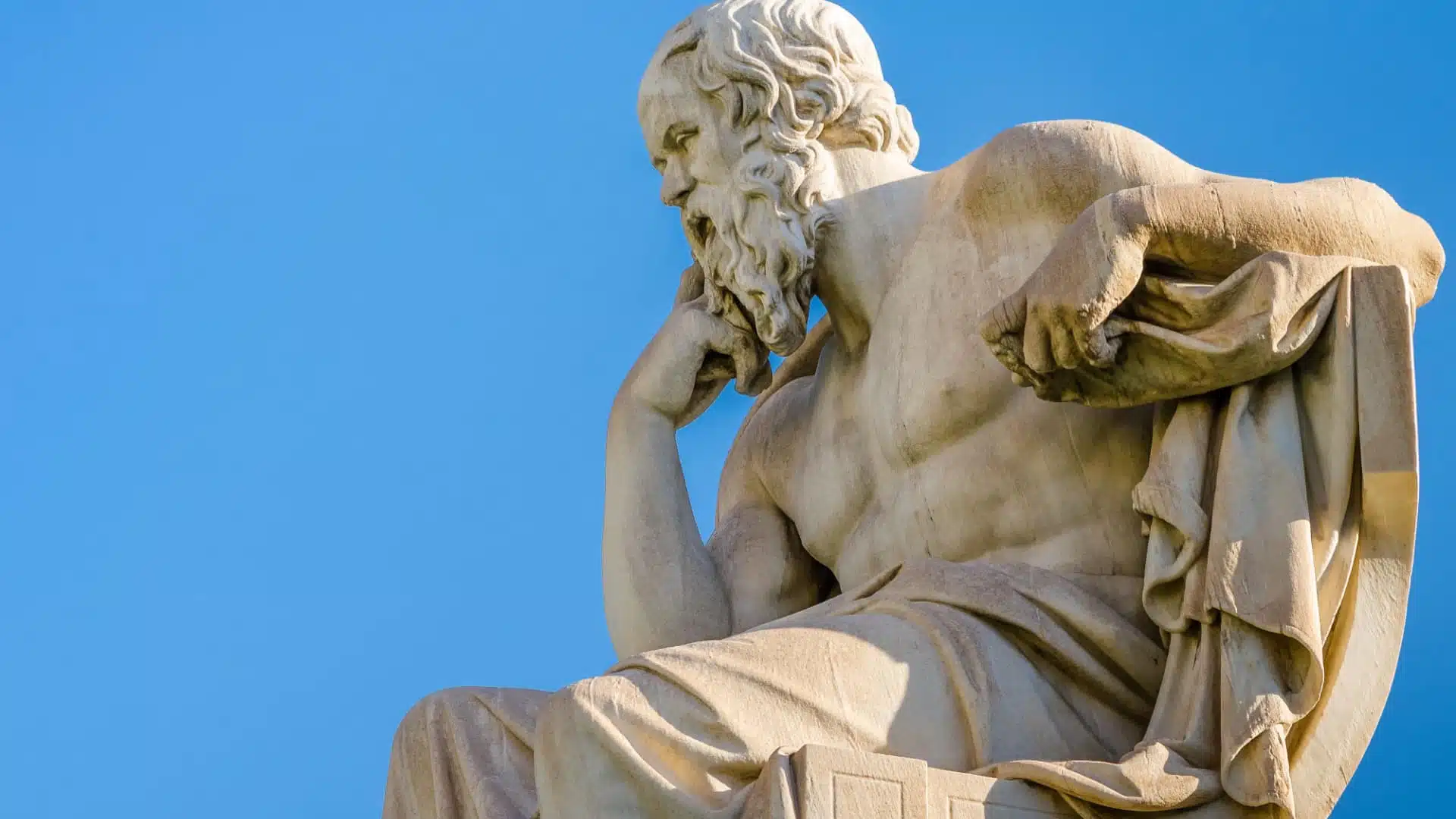
Powerful institutions were persecuting dangerous free thinkers long before Christianity took over. The ancient Greeks sentenced Socrates to death for “corrupting the youth” with his radical ideas.
Joan of Arc

The warrior woman was condemned for her audacious belief that women could participate in war and politics. She led armies of French soldiers against the English but was ultimately burned at the stake for witchcraft, heresy, and the awful crime of cross-dressing.
Martin Luther
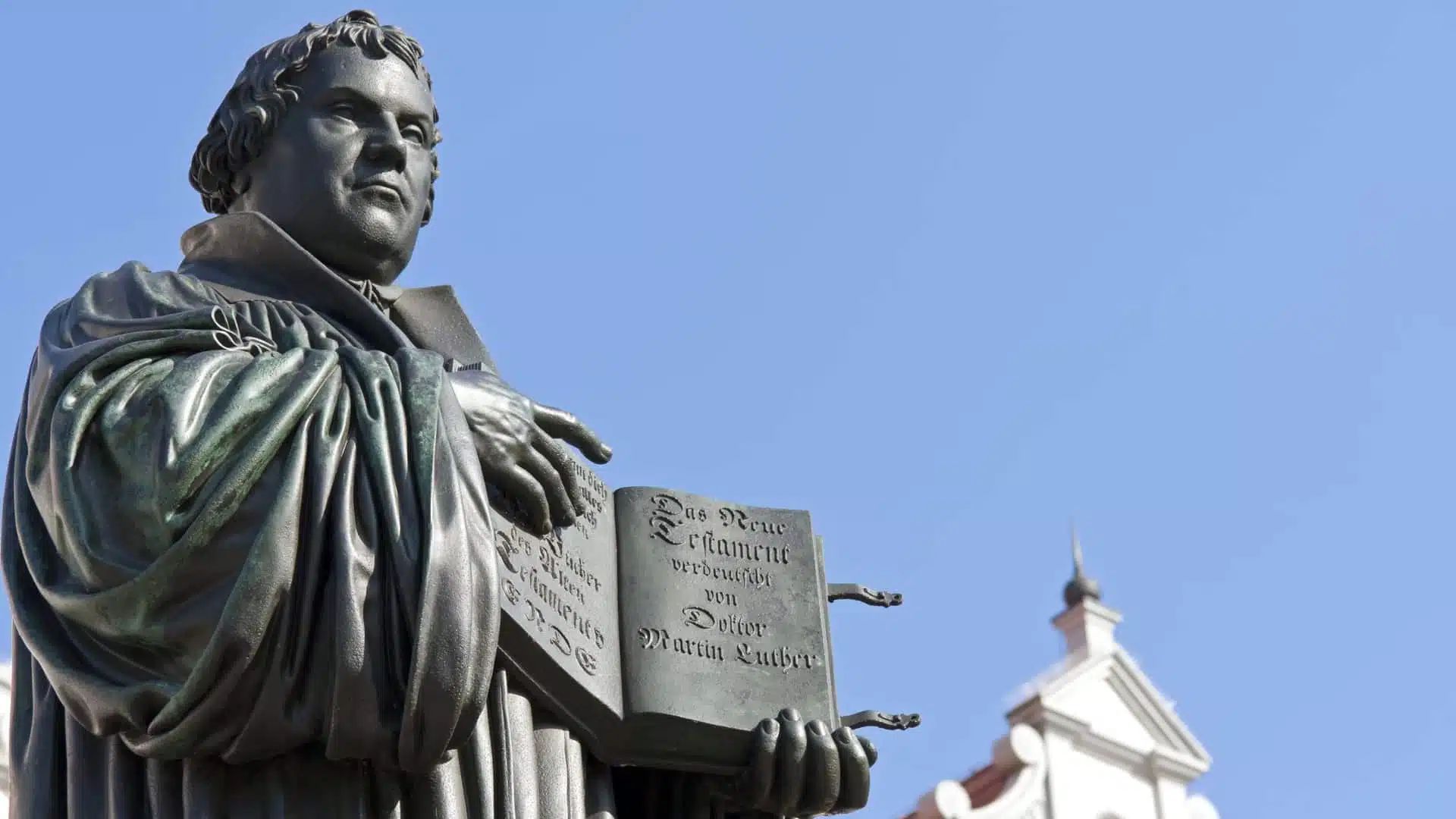
Martin Luther spoke against injustices perpetrated by the Catholic Church. His famous 95 theses laid out all the horrific ways the church abused its power.
The church condemned and excommunicated Luther, but his teachings couldn’t be silenced. He’s celebrated as a leader of the protestant reformation, which split the Catholic church.
Copernicus

Copernicus proved major Catholic teachings wrong when he discovered that the Earth rotates around the sun rather than vice versa.
Fortunately for him, he passed from old age shortly after publishing his work and didn’t have to deal with the backlash.
Galileo

Galileo furthered Copernicus’s research and faced the church’s fury for both scientist’s work. Though he tried to save himself by recanting during the Roman Inquisition, he was found guilty of heresy and spent the final years of his life in house arrest.
Rene Descartes

One of humanity’s greatest thinkers earned the Church’s ire by promoting rationality through his philosophical method dubbed “universal doubt.” Many thought his ideas went against Catholicism.
In a surprising twist, Descartes himself was Catholic and considered all his free thoughts supreme proof of a creator.
Thomas Paine
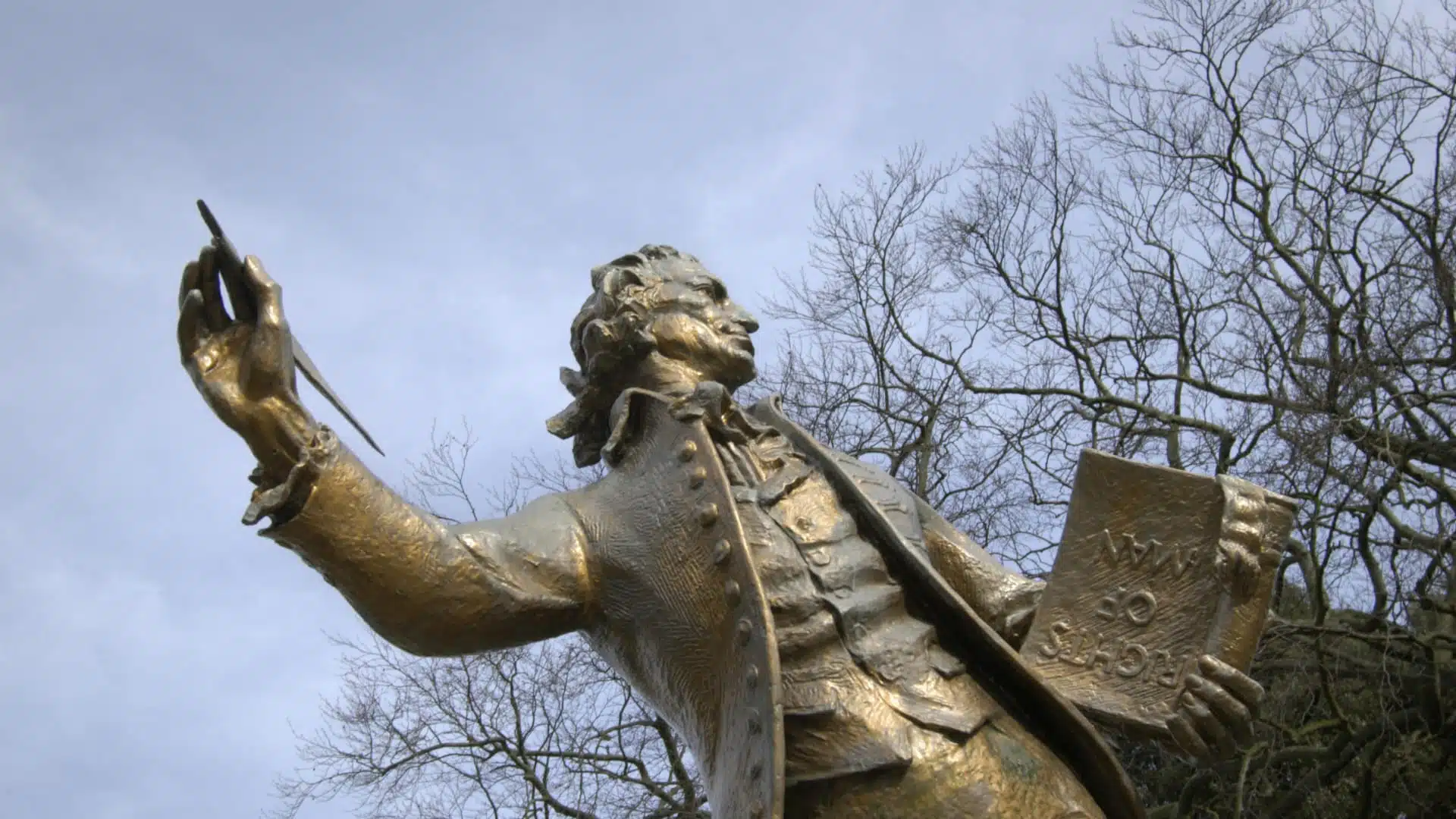
Thomas Paine’s writings helped inspire the American Revolution, but his thoughts on humanity, god, and religion earned him disdain from his contemporaries.
He didn’t believe in organized religion or the Divine Right of Kings. Many schools today still refrain from teaching Paine due to his beliefs.
Johannes Kepler

Johannes Kepler’s math proved the planet’s elliptical orbits around the sun, contributing to the heretical idea that the Earth wasn’t the center of the universe. Even worse, he was a protestant in a majority Catholic country at the beginning of the Thirty Years War.
Kepler was eventually forced to flee his hometown due to religious persecution.
Victor Hugo
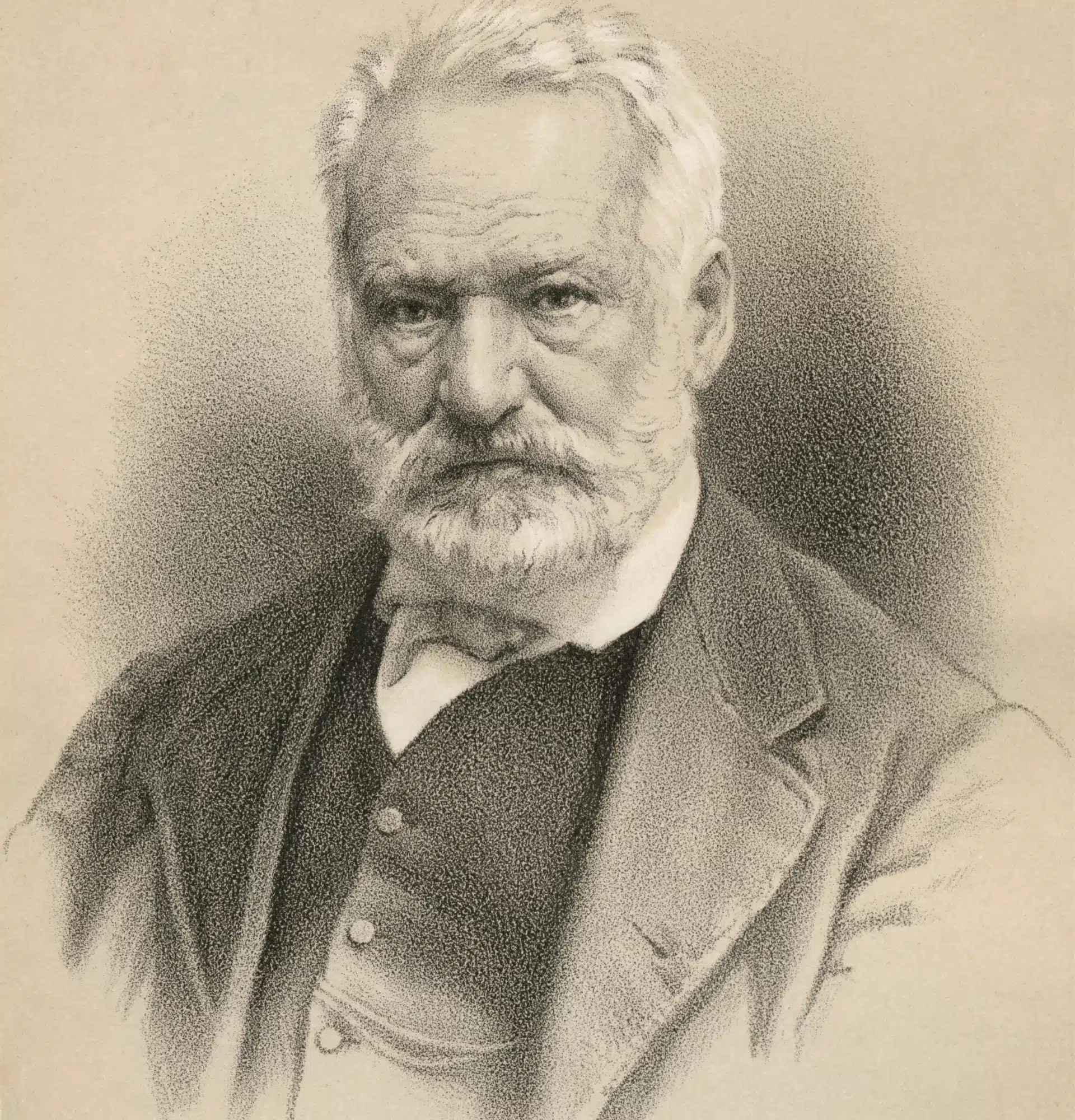
The famed author who gave us The Hunchback of Notre Dame lived at odds with the Catholic Church and the French ruling body.
The church frequently banned Hugo’s books, which spoke out about the powerful institution’s disregard for the ordinary working man.
Charles Darwin
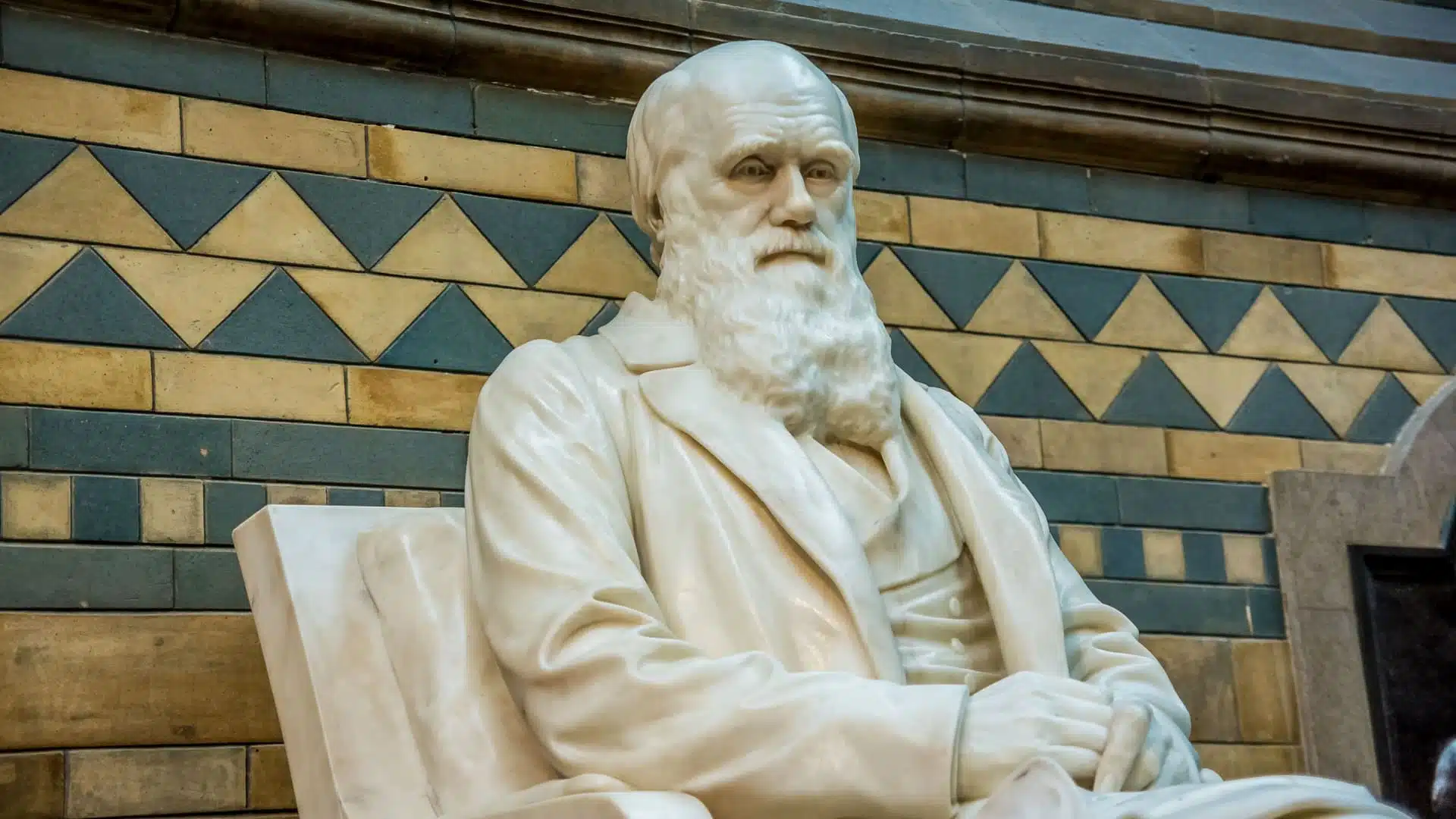
Charles Darwin’s discoveries turned religions on their heads. The theory of evolution by means of natural selection negated the church’s teachings that God created man in his own image.
Luckily for Darwin, he lived in the Age of Enlightenment. Although his theories were (and still are) hotly contested, he wasn’t personally persecuted for his work.
Alan Turing
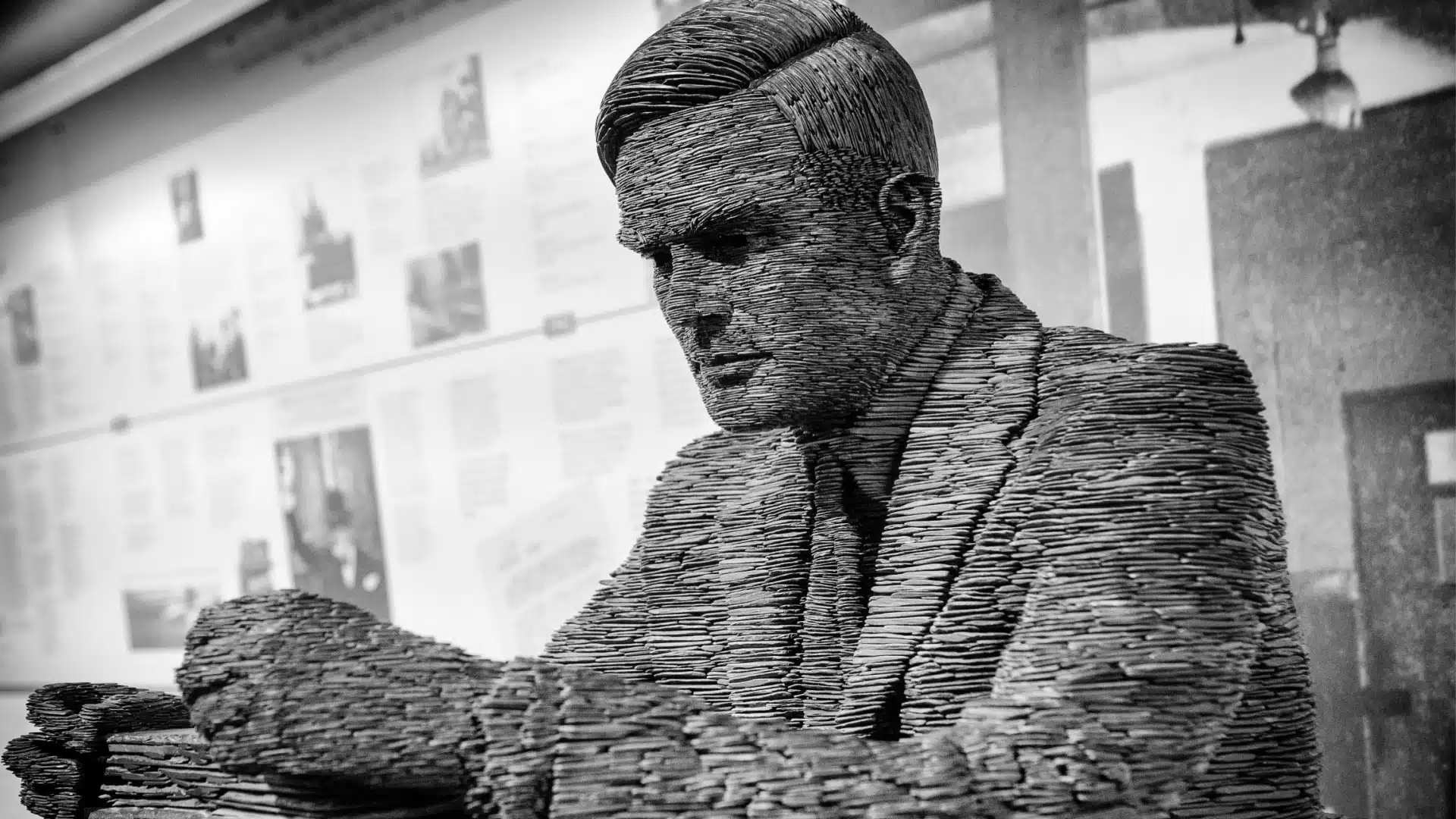
The father of modern computing was greatly persecuted in his time – not for his ideas, but for his lifestyle.
Turing was openly gay and arrested for his sexuality despite his extraordinary contributions to the British war effort. He lost his job and his security clearance. The disgrace ultimately led to his untimely end.
Witches

Thousands of witches were persecuted and burned at the stake for their beliefs throughout history. The Satan-worshipping panic was all made up – witches weren’t devil worshippers summoning demons; they were simply women living outside the confines of the church’s patriarchal hierarchy, an unforgivable crime for centuries.
The negative stigma lingers on today. Most people think of evil seductresses when they think of witches. Modern witches, just like their historical counterparts, simply want to live their lives without fear of oppression.
Bonus – Jesus

Jesus Christ, son of God and central figure of one the world’s largest religions, was persecuted in his lifetime for his religious teachings.
The Jewish carpenter preached love and forgiveness, ideas so foreign to the day’s power structures that they sentenced him to death. He got the last laugh, though, when his ideas spawned a new religion.
Why More People Are Turning from Religion
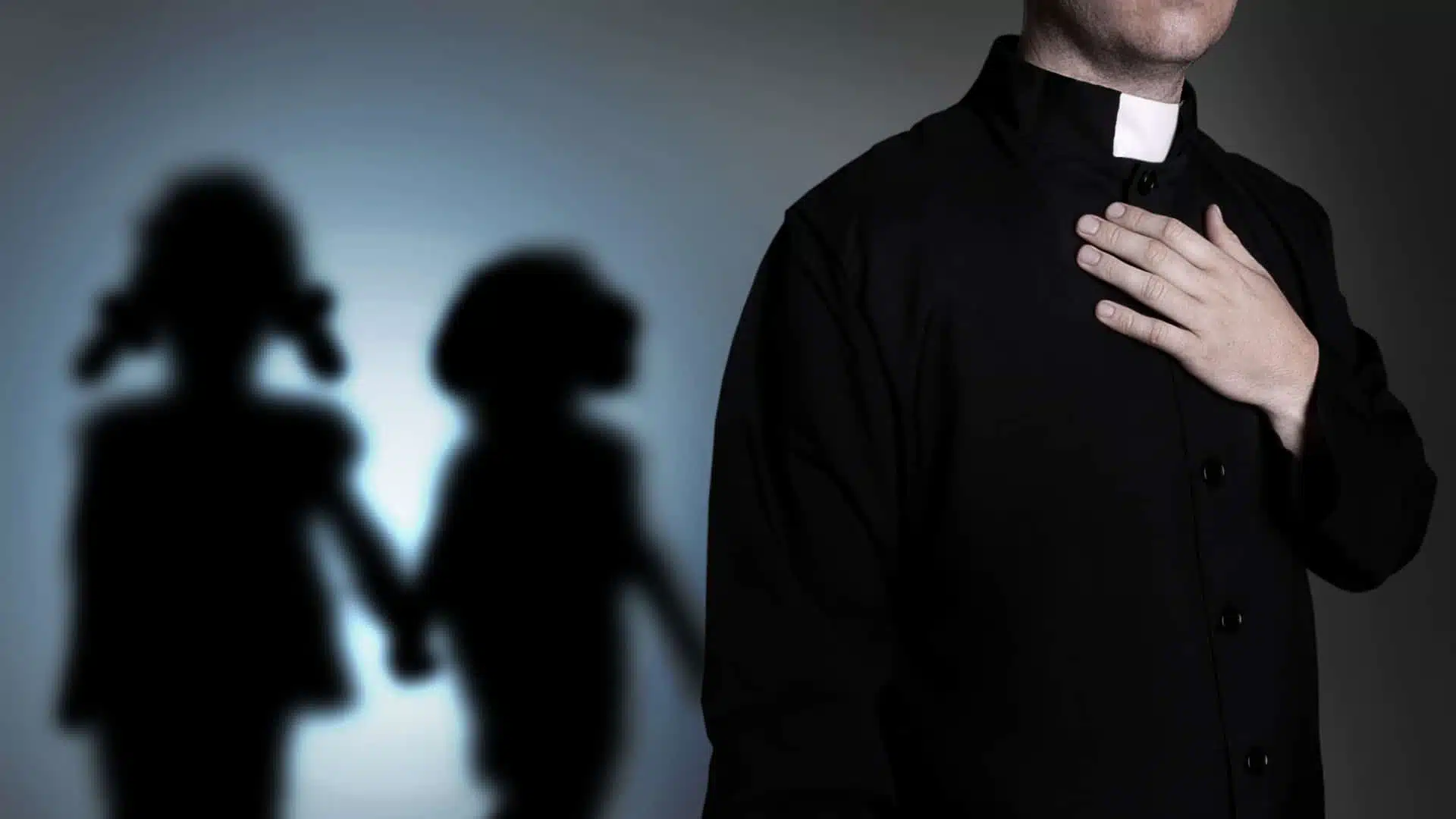
Religious groups have long history’s of persecuting others. With our modern, inter-connected world, more and more people are turning away from these oppressive teachings.
Here’s why more people are leaving religion.
The Most Baffling Reasons to Believe

Whether you believe in God or not is a personal matter, yet some religious folks can’t fathom that others don’t believe. Their confusion often leads them to make up the most ridiculous reasons for believing in God.
Here, atheists share the strangest arguments for God’s existence they’ve ever heard.
Why Women Always Lose Pascal’s Wager

Pascal’s wager works for men, not so much for women. Here’s why it’s a losing bet for women.
The Most Famous Scientists Throughout History

Science changed the world. These famous scientists helped make our future what it is today.

